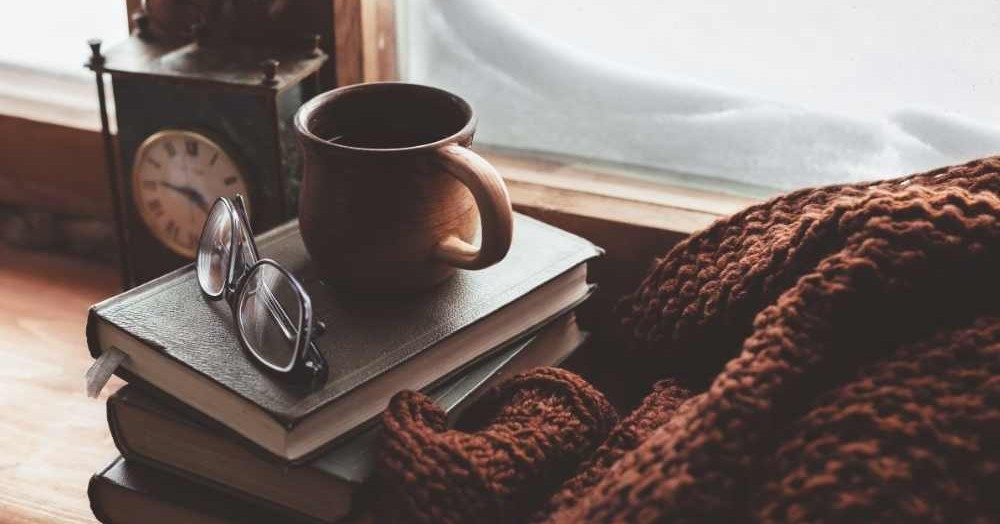
The 10-point checklist to ensure your property is ready for winter!
Preventative maintenance is crucial for avoiding expensive repair bills, unnecessary wear and tear to your property, and if you’re a landlord - unhappy tenants.
Keep your property in check with our 10-point winter property checklist...
1. Pipes
Frozen pipes are a worry at winter, as they can burst and result in flooding. Make sure you check that your water pipes are properly insulated to prevent this from happening.
If you have a rental property and your tenants are away for the festive season, ask them to keep the heating at a low level to help maintain a consistent temperature around the pipes.
Top tip: Placing pipes in warmer areas (away from the outside walls) will reduce the chance of them freezing. If this isn’t possible, ask a plumber to fit vulnerable pipes with insulation sleeves.
2. Drains
Water damage can have devastating effects on a property, so it’s imperative you take some preventative measures. Make sure to keep your drains clear of leaves and twigs, as clogged drains can cause a build-up of water which could get into the property and lead to serious damp problems.
3. Roof
It's very common for roof slates to become broken, cracked, or to slip out of place.
Unfortunately, even a really small gap in the slates can let in damaging quantities of water, so make sure you - or a handyman - regularly checks for issues. Replacing a tile will be a lot cheaper than repairing water damage!
4. Boiler
If you do one thing this winter, get your boiler serviced by a Gas Safety registered engineer! Not only will this save you money in the long run, but also reduce the risk of gas leaks, fires and even carbon monoxide poisoning.
This is especially important if you’re a landlord, as you’re legally responsible for the safety of your tenants.
5. Damp
There are a number of ways you can fight against condensation and mould: close the kitchen door when cooking to prevent steam going into colder rooms; cover your pans when cooking; dry washing outdoors if possible; wipe down the windows and windowsills every morning; cover fish tanks; and look to move your plants outdoors if the problem persists.
Top tip: Invest in a humidistat-controlled electric fan for the bathroom - they come on automatically when the air becomes humid and are great for preventing condensation.
6. Radiators
Now it's getting chilly, it's important to check your radiators are working to their full potential. If you turn your heating on and notice cool spots toward the top of the radiator, it’s likely there’s air trapped, and you’ll need to bleed the radiator.
7. Drafts
Keep an eye out for any cracks or holes in your outside walls, as the cold air can find its way into pipes and cause nasty drafts. If you find a crack, make sure you or a handyman seal them up before the cold weather arrives!
8. Chimney
If your home has a cosy fireplace, make sure it has been swept for Santa’s imminent arrival!
It’s recommended that you get a professional in at least once a year to inspect and clean your chimney. An expert will be able to identify any faults that need fixing, preventing the risk of chimney fires and brickwork corrosion.
9. Windows & doors
Wood’s worst enemy is water. So if you want to prolong the life of your wooden windows and doors, preparation is vital.
Make sure to give wooden windows and doors a good clean with warm, soapy water before winter sets in, let it dry and then apply a protective wood treatment.
Top tip: Regular painting is also a great protection for wooden windows and doors!
10. Plants
Ivy growing up the side of a house can look really beautiful, but it can also cause dampness and damage in the colder months to dry-stacked walls or weakened bricks.
If you have plants or growth against your property, make sure to cut them back over winter or prune where necessary.
Protecting your property now with the winter checklist will sure you both time and money in the long-run.